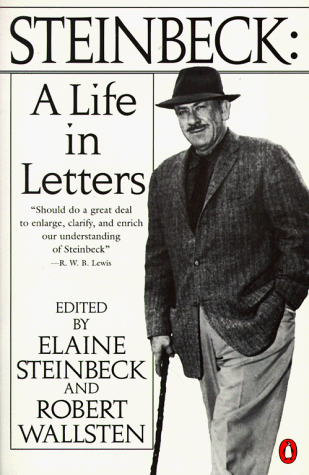This article from the Atlantic popped up in my Facebook feed earlier this week: Masters of Love.
It covers some of the research by social scientists relating to the success of marriages in response to rising divorce rates beginning in the 70s. In the first section of the article, the research of Psychologists John Gottman and Robert Levenson is reviewed. In their study they brought newlyweds into the lab and observed how they interacted with each other. They also hooked the couples up to electrodes to measure and record the body’s response to their interactions. Six years later, they brought the couples back in to see who was still together.
From their data, they grouped the couples into two groups the masters and the disasters. The masters were still happily together after six years, while the disasters had either broken up or were chronically unhappy. In their observations of the disasters, the disasters looked cool and calm during the interviews, however the electrodes told a different story of what was going on physiologically. Their heart rates were quicker, sweat glands more active, and blood flow was faster. The data pointed to a conclusion that the more physiologically active a couple was, the quicker their relationship deteriorated. The masters had a lower physiological response and were able to maintain warm and affectionate behavior even when they fought. This helped create a climate of trust and intimacy that made both partners more emotionally and physically comfortable.
In a follow-up study, Gottman and Levenson set up a lab to look like a bed and breakfast retreat and invited 130 couples to spend a day at this retreat. In this study, they observed the couples go about what they would normally do on a vacation. In this study, an observation would come that be a key indicator on whether or not a relationship would thrive or languish. Throughout the day, partners would make “bids” for the others attention. “For example, say that the husband is a bird enthusiast and notices a goldfinch fly across the yard. He might say to his wife, “Look at that beautiful bird outside!” He’s not just commenting on the bird here: he’s requesting a response from his wife—a sign of interest or support—hoping they’ll connect, however momentarily, over the bird.” In this scenario, the wife can respond by either “turning toward” or “turning away” from her husband. These interactions had a profound effect on marital well-being. The couples who had divorced by the six-year follow-up had “turn toward” bids only 33 percent of the time. Those that were still happily married had “turn toward” bids 87 percent of the time.
One of my goals as I move through the process of my divorce is looking at ways that I can improve myself and the way I will interact with a future partner. There was a time in my relationship/marriage with A that I was definitely in the “turning away” camp. There was at least one stretch of time in our marriage that it might have been pushing it to get up to the 33 percent of time for “turning towards.” In that time, the seed was planted that would eventually lead towards the pending divorce. While I did make an effort to improve my moments of “turning towards” during and after a period of couples counseling last summer and fall, it was perhaps already too late even at that point. The seed had been sown.
The article goes on to talk about the habits the masters have. How they are looking for things they can appreciate and say thank you for. In doing this they build a culture of respect and appreciation. Disasters end up looking for their partners mistakes. This behavior ends up building a culture of contempt and ends up being the biggest factor that tears partners apart. They give their partner the cold shoulder – deliberately ignoring or responding minimally – thereby damaging the relationship by making their partner feel worthless and not valued. This ends up not only killing the love in the relationship, it makes it harder for the partner to fight off physical ailments (such as viruses). In this culture of contempt we miss around 50 percent of the positive things our partner is doing and see negativity that isn’t there.
This paragraph reflects where I most contributed to the downfall of my marriage. I was guilty of this for far too long, creating an environment where…while love may have still been there…its hold was tenuous. I had killed enough of it that fighting for what remained became difficult. Stepping outside of comfort zones to have difficult discussions took more energy then it should have. It was easier to let the feelings of contempt to control our thoughts instead of the hard work of focusing on kindness and generosity.
So as I look to heal from the trauma of divorce and eventually to opening myself up to a new relationship it is important that I take lessons like this to heart. I need to focus on being someone who “turns toward” those bids for attention from romantic interests, friends, and really just people in general. I don’t want to be someone who’s heart is ruled by contempt. Kindness and generosity sound like a better way to live life.


